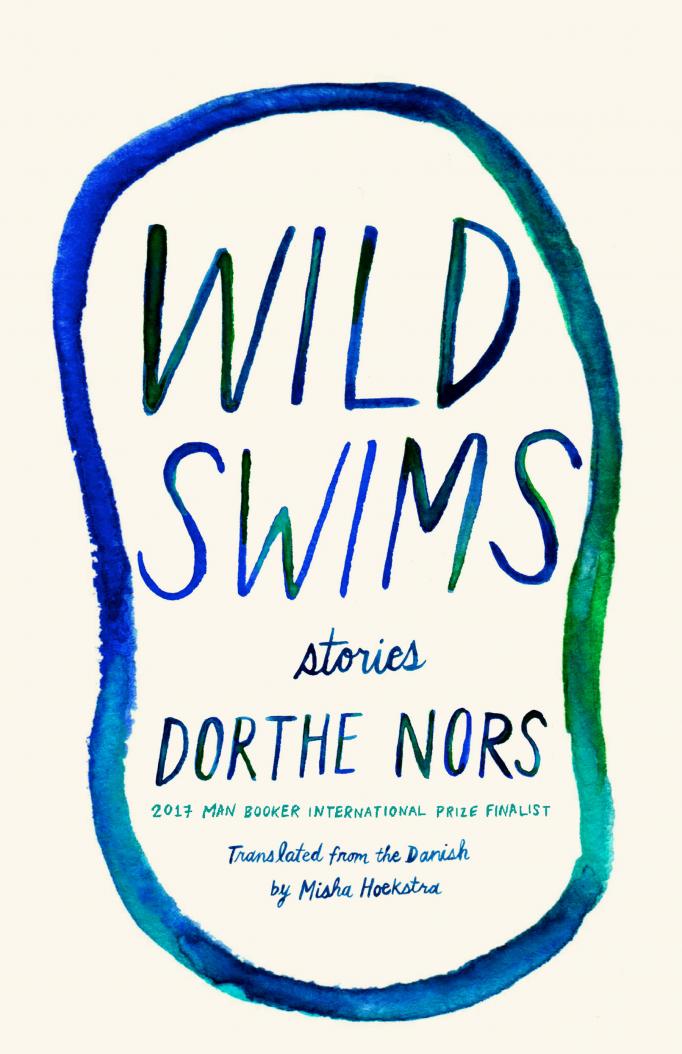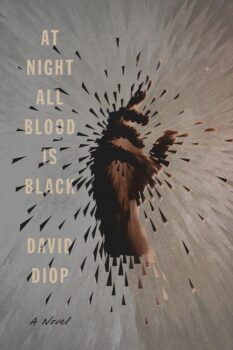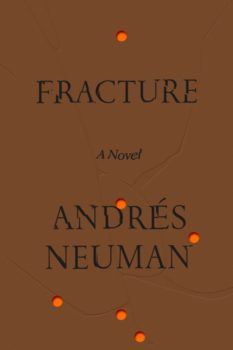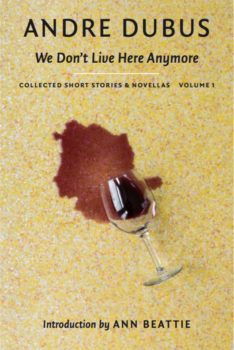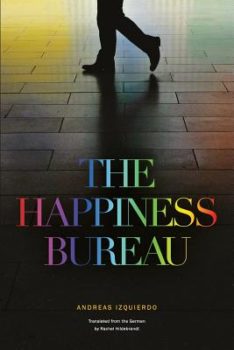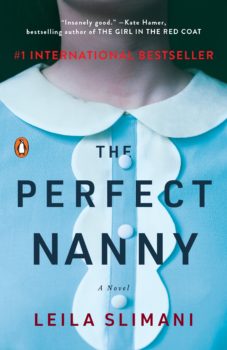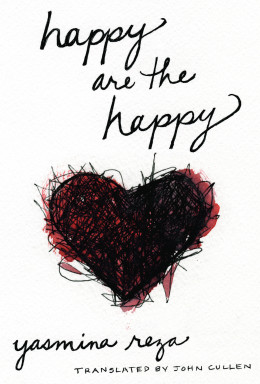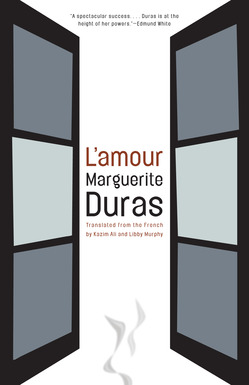Wild Swims, by Dorthe Nors
by Ellen Prentiss Campbell
“Reading these stories at times feels almost like complicit voyeurism—witnessing pain through a one-way mirror in the laboratory of Nors’s world.” Ellen Prentiss Campbell reviews Dorthe Nors’s new collection, Wild Swims, out tomorrow from Graywolf.

